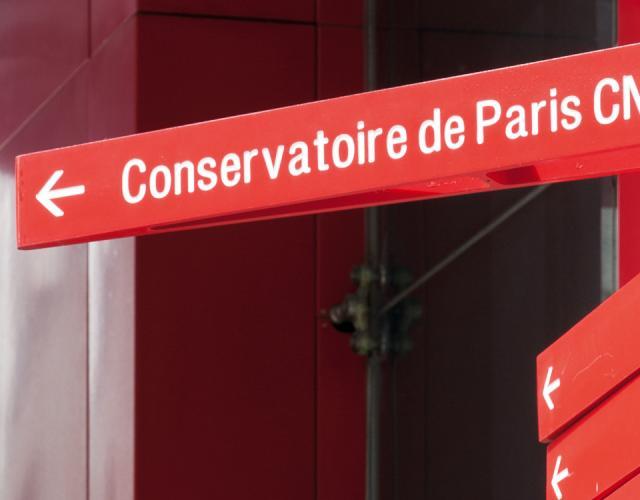
FSMS analysis
INFORMATIONS
-
Objectives and content
This course provides students with the analytical and methodological tools they need to understand works from a variety of repertoires, styles, genres and periods. It also encourages students to reflect on the proposed work or sound phenomenon, with a view to cultivating their autonomy in terms of researching, identifying and citing sources.
To provide students with the analytical and methodological tools they need to understand works from a variety of repertoires, styles, genres and periods. It is also intended to encourage students to reflect on the work or sound phenomenon proposed and to help them develop their autonomy in this way.
1st year:
Harmonic analysis (numbers, intervals, functions, borrowings, modulations, tonal plan)
Listening commentary (basic methodology and application to a variety of repertoires)
Study of the forms and genres used in the seventeenth, eighteenth and nineteenth centuries.
2nd year:
Listening commentary
Introduction to the music of the 20th and 21st centuries.
-
Programme
<p>aa</p>
-
Entrance terms and conditions
FSMS 1-2
-
Assessment terms and conditions
First year assessment :
One written test:
One or two listening commentaries (2 h)
Score analysis with commentary (2 hrs)
Second-year certificate :
One written test:
One or more listening commentaries performed without score, each broadcast three times (maximum duration of the test). The test may be replaced by a commentary performed during an extended period (1 hour) with an individual walkman, followed by an oral (15') or written presentation.
Analysis on score, with listening (fragment broadcast twice): 3h30
An oral test:
Presentation of a piece of work produced by the student over the course of the year and giving rise to a written summary: 40'.
-
Erasmus
No

